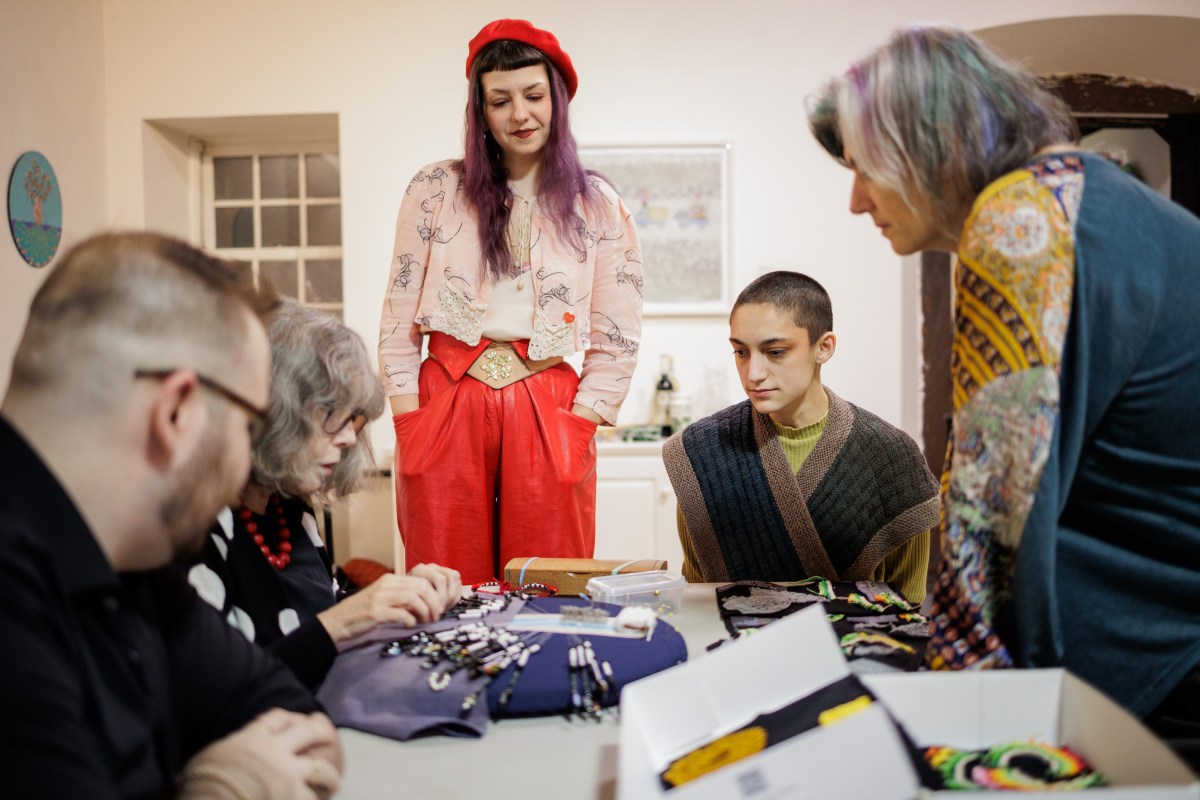As Valentine’s Day approaches, many couples are celebrating their relationships. Whether just married or sharing a bond for over 20 years, love is in the air and it’s hard to deny. However, a recent change has caused a rift in the tides between millennials and Gen Z — they prefer friendships over marriage.
The Latest Trend
Younger generations are opting out of marriage, finding themselves saddled with happiness with friendships or not seeking the need for a romantic partner. A 2024 Newsweek article found that millennials were ‘very happy with their life’ when it came to strictly platonic relationships. A recent Pew Research Center report found that a quarter of American 40-year-olds have never been married, meanwhile, only 22% of people are living with a romantic partner according to the Census. A mere 22% are living with a romantic partner, according to the center’s analysis of 2022 Census Bureau data, released last week.
“People are craving connection. What that looks like for people changes over time,” says Michael Kaye, Director of Brand Marketing & Communications at Match Group. “Millions of people have matched on OkCupid over the past two decades, and we’ve seen major shifts in dating and relationships, and subsequently, marriage. Millennials have stepped outside the box of traditional marriages. They’re more flexible, more open.”
An Outdated Tradition
Meanwhile, 2 out of 5 Millennials and Gen Z believe that marriage is an outdated tradition, with women making up 52 percent of the belief. While today, a proposal or marriage can be a way of telling someone that you love them and want to be with them forever, it did not always represent that. Marriage was created through a variety of cultures as a contractual agreement between families to create alliances, secure inheritance, and promote social stability — romance was not necessary or always mentioned.
“Many fear the weight of commitment and the responsibilities that accompany it, particularly in the context of rising divorce rates,” says Dr. Patricia S. Dixon, Licensed Clinical Psychologist. “Having grown up in households where parents either divorced or chose not to marry, Millennials may carry a fear of repeating those patterns.”
Not to mention the financial stress that comes with being married. With the average wedding costing $30,000, it’s no wonder Gen Z and Millennials find it to also be a financial burden. When you get married, you also inherit your partner’s debt, and with credit card debt reaching an average of over $6,000, and student loan debt reaching 1.69 trillion dollars, the idea of getting married just doesn’t seem worth it for many.
Connection Over Tradition
In addition, it can be easy to become lost in a relationship. Oftentimes, couples find themselves fusing with their partner and losing their own independence, which can result in co-dependence and can lead to pressure, arguments or ultimately divorce. The current divorce rate for Americans is at 14.56 divorces per 1,000 married women, up from 2020 and 2021 of 14.0.
“Millennials prioritize self-care and personal growth, which is often misinterpreted as selfishness,” Dixon continues. “Their focus on individual development—whether in careers or personal interests—can create hesitance towards the compromises that marriage requires. Instead, they often find fulfillment in friendships, which provide support, encouragement, and intimacy without the heavier obligations of marriage. When the emotional needs typically met through marriage are satisfied by friendships, the desire to marry diminishes significantly.”
According to Social Psychological and Personality Science, two-thirds of romantic relationships start out platonically as friends, and a Washington Post study found that 66 percent of people chose friendship over love.
These days, the idea of connection is different. There are millions of ways to connect with people, whether it be online over a gaming system or an app designed to help meet new friends, or over book clubs and study groups. Connections are no longer strictly romantic.
This story first appeared on our sister publication newyorkfamily.com.
Read More: https://www.amny.com/lifestyle/




































